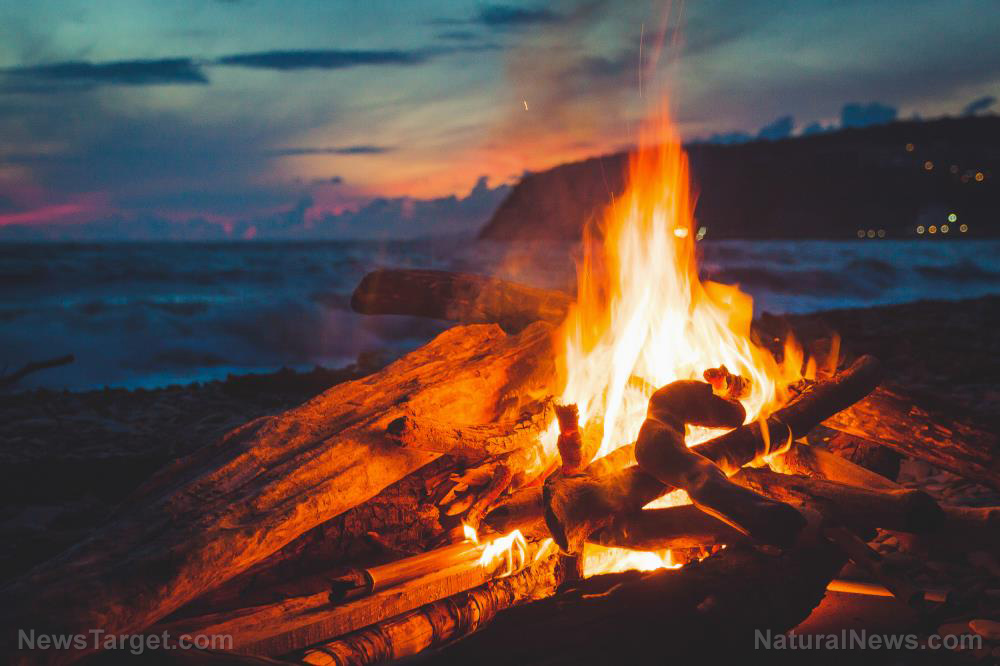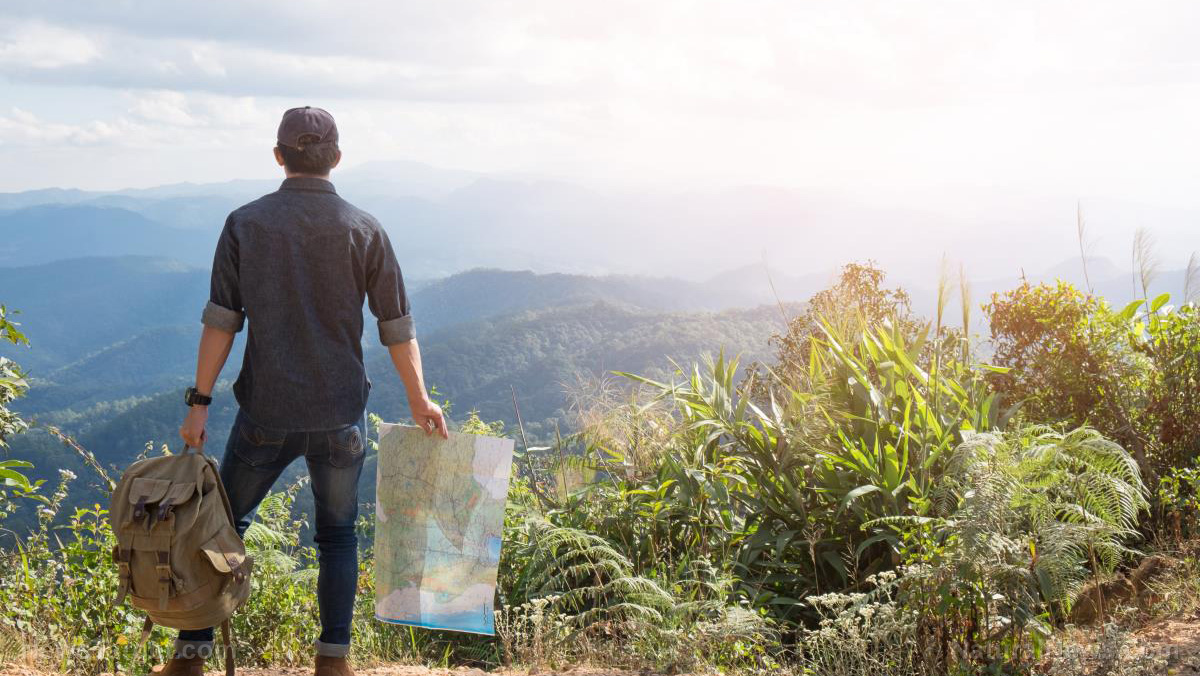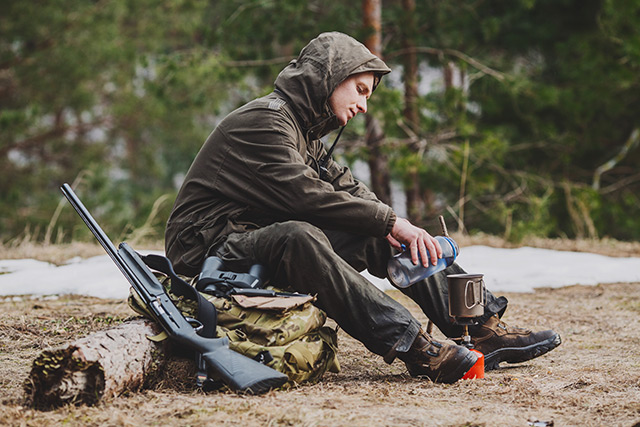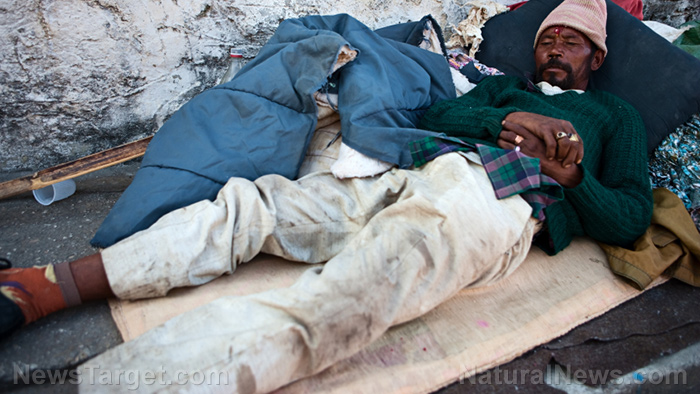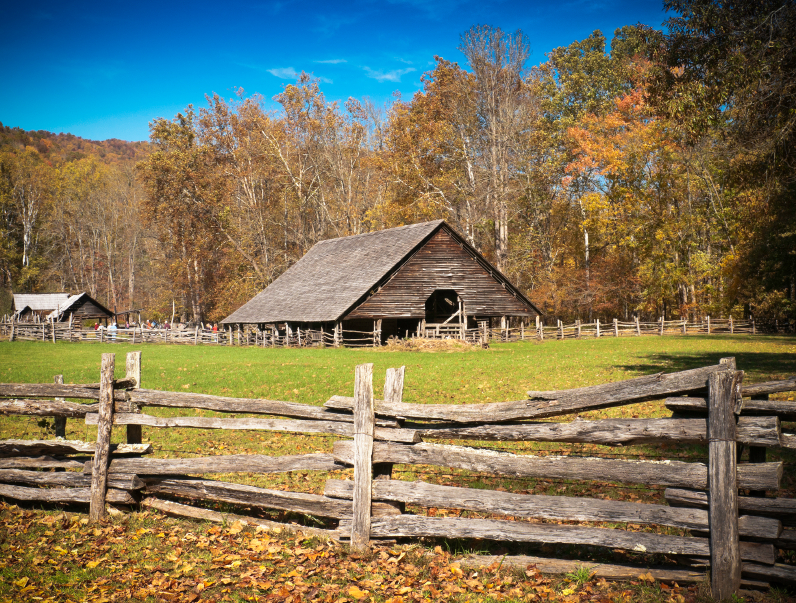5 Preps that you need to master to be the ultimate survivor
06/07/2018 / By Zoey Sky
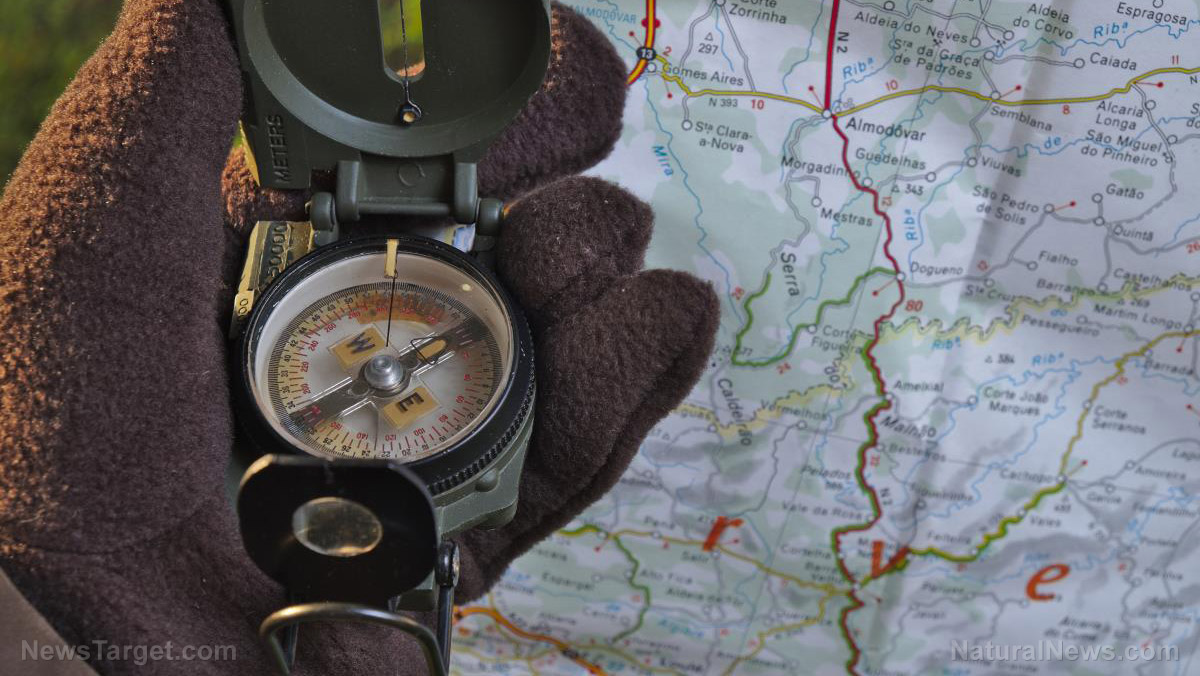
Preppers usually take the time to set up an ample food and water supply at home to ensure that they have access to food when SHTF. But this doesn’t mean preppers are helpless once they stray far from their homes.
A survivalist also takes the time to master several skills that can help them face any scenario that comes their way. Even if preppers get lost in the woods while camping or hiking, as long as they have the necessary survival skills they can still find water, shelter, and food.
To increase your chances of finding these three things when SHTF, brush up on the five survival skills listed below. (h/t to ThePrepperJournal.com.)
(1) Building shelter
After SHTF, your priority should be finding shelter. If you know how to build a shelter, you will have a place to rest and escape the elements.
Before you leave for any outdoor trip, read up on the area that you’re visiting and the local plant life. This will give you an idea of the natural materials that you can use to make a shelter.
If you find yourself needing shelter, you can try making a “spider shelter” which is made by placing rows of thick sticks in an upright triangle. Foliage is then placed all over the structure to seal the shelter. A spider shelter can keep out both rain and wind, and it can also keep you warm. If you don’t have your gear with you, use foliage to stay warm at night.
(2) Building a fire
Aside from keeping you warm, a fire can also protect you from wild animals. Knowing how to build a fire without a lighter is a crucial skill for any prepper.
Sponsored solution from the Health Ranger Store: The Big Berkey water filter removes almost 100% of all contaminants using only the power of gravity (no electricity needed, works completely off-grid). Widely consider the ultimate "survival" water filter, the Big Berkey is made of stainless steel and has been laboratory verified for high-efficiency removal of heavy metals by CWC Labs, with tests personally conducted by Mike Adams. Explore more here.
To build a roaring fire, start by gathering dry and thin wooden sticks so the fire can grow. Thicker firewood can be added later to keep the fire going. Add dry grass and other soft material to make a kindling nest.
Once the kindling nest is done, take two sturdy sticks. Make a notch in one of the sticks, place them together in the kindling nest, and rub them together. The resulting friction will produce heat that can make sparks. Alternatively, you can use two sharp rocks and hit them together to make sparks.
Always pack tinder or kindling sources like cotton balls smeared in petroleum jelly, dryer lint, steel wool, or tampons in your survival gear. However, if you ever lose your gear, you can use dry and small pieces of wood, pine cones, or old pine needles instead.
(3) Foraging
You can survive at least several weeks without food, but there’s no need to starve if you know how to forage. In your spare time, read up on edible and poisonous mushrooms and berries in your area. Once you’re familiar with then, do your research on wild edible in upcoming camping or hiking sites.
Practice making snares or traps so you can catch small animals, which will provide you with more calories than wild edibles. You need to keep your strength up while waiting for help. You can also fish using a spear made from a long stick. (Related: Is it edible? 3 easy steps to determine if you’ve found something edible in the wild.)
(4) Finding/Purifying water
You can last weeks without food, but you will need water after three days. To stay hydrated, you need to know how to find and purify water. Water sources include springs or streams away from civilization. Don’t forget to boil the water to purify it.
When the weather is cold, you can collect snow, but skip snow that is lower than your body temperature. You can collect and boil it for later consumption. Clean water can also be found underground, like in dry riverbeds. With some digging, you can have access to underground streams.
Don’t drink sea water or salt water of any kind. This will severely dehydrate you.
(5) Navigation
Getting lost can be disorienting, but knowing how to navigate can spell the difference between getting stuck in the woods for several days or being able to find your way back to your destination in less than a day.
After learning how to read a map, take your navigation skills a notch by studying how to use a compass. If you know how to use a compass, you can find your way even without a map.
While there are countless other survival skills that you can learn, building a shelter, fire starting, foraging, finding/purifying water, and navigation can significantly improve your chances of surviving when SHTF.
Prioritize shelter, food, and water and practice your survival skills, so you’re always ready no matter what happens.
You can read more articles about other important survival skills at Preparedness.news.
Sources include:
Tagged Under: bug out, Collapse, disaster, edible plants, edibles, finding water, firemaking, foraging, navigation, off-grid self-reliance, outdoor skills, preparedness, preparedness and survival, prepper, prepping, shelter, SHTF, survival, survival skills, survivalist, water purification, wild edibles, wild food



